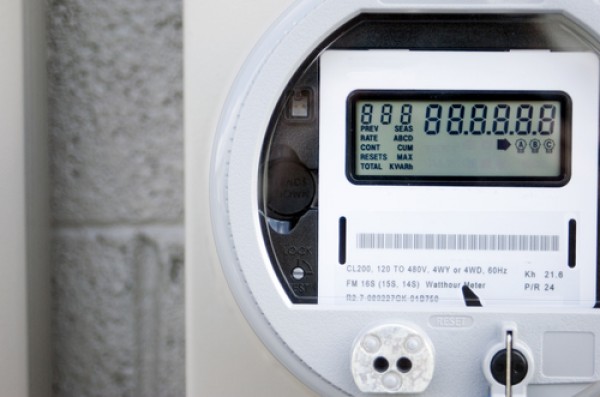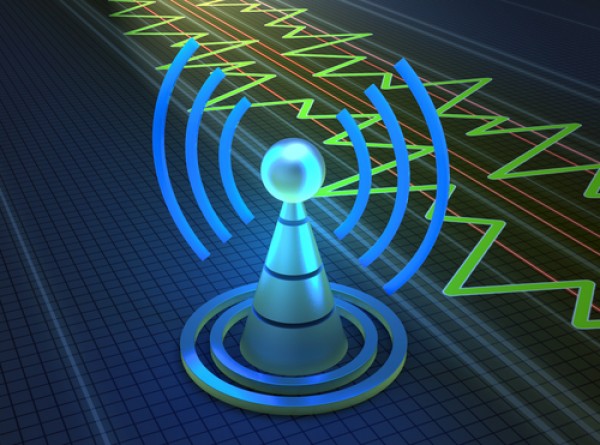We all need energy to survive. That’s just the facts in our modern society. The problem is that producing energy is a dirty business, and actually burning it’s even worse. Since we can’t give up on fossil fuels all at once (although we do have the capacity to produce plenty of clean, affordable energy without them) conservation is often advocated as a way to minimize both cost and negative impacts.
The easiest way to manage and conserve energy is to simply use less of it. Turning off lights when they’re not needed, opting for fans instead of air conditioning, fixing leaky windows and faucets, and replacing wasteful incandescent bulbs with more efficient CFLs and LEDs are all relatively low-stress ways to shrink your energy usage. The only problem is these methods require diligence and determination, two things that can be hard to come by when the temperature is 105 degrees or you’ve got forgetful kids.

So, we’ve come up with more sophisticated ways to monitor and control energy consumption. One of the biggest changes has been to replace the old analog utility meters with “smart meters,” digital devices that not only record energy usage, but track valuable trends in how and when you use energy that is very useful for the power company. Smart meters eliminate the need for meter readers, allow power to be turned on and off remotely, and help utilities avoid widespread blackouts. Also, as GOOD points out,
“the big benefit of smart meters is ‘dynamic pricing.’ By providing utility companies with near real-time information about how much energy people in a given area are using, smart meters allow them to set the price for electricity according to the current demand.”
Many power companies have mandated the use of smart meters, hoping that it will help save both they and their customers some money. It’s important to note that while smart meters do increase efficiency, they are not the same as in-home energy monitors, or “smart thermostats” that enable residents to track and reduce their energy use automatically–smart meters are installed by and provide information to the utility company only.
Recently, however, there’s been some backlash against smart meters. Some concerned citizens claim that the radio frequencies that smart meters use to transmit information are harmful to human health. Many of these residents say they’ve experienced new or worsening health problems since a utility smart meter system has been installed on their home or in their neighborhood. Complaints range from insomnia, anxiety, and headaches to skin rashes, heart palpitations, and nausea. They claim that these health problems are the result of radio waves emitted by the smart meters as information is transmitted to and from the power company, and they want the right to opt out of installation. Continued on Page 2…
This may sound like a little outlandish and conspiratorial, and might normally be dismissed with a laugh, but there are several substantial websites and grassroots efforts dedicated to furthering this theory. “Wireless technology is a public health hazard, claims a website called StopSmartMeters.org. “Smart meters can violate already high FCC limits on human exposure to microwave radiation, and are being installed even as people are developing ‘electro-sensitivity.’ There are also reports of ‘smart’ meter interference with pacemakers and other implants.”
Another, known as the EMF Safety Network, went so far as to file a request with the California Public Utilities Commission (CPUC) Application in April of 2010 asking for a moratorium on the deployment, public health hearings and an RF emissions study. According to the group’s website, the request was denied last month, so they’re now moving to sue the CPUC for failing to address serious smart meter issues, including health and safety impacts.

With hundreds of major utilities poised to start upgrading analog meters to smart meters, accusations like this are a legitimate concern for the public and local governments. Should we be worried that smart meters, while good for efficiency, are hazardous to our health? Most research seems to indicate that smart meters, while a source of RF emissions, are far from the worst offenders. In fact, the cell phones, microwave ovens, garage door openers, and wireless routers we use for hours a day are likely more of a health threat.
In early 2011, industry group Electric Power Research Institute released the results of tests showing the radio frequency emissions of one smart meter fell well below the federal safety threshold, and that the strength of the signal dropped with distance. Because smart meters transmit for only a small fraction of the day, the RF level in actual usage would be less than 1 percent of the FCC limit, EPRI said.
Just last month, the Michigan Public Service Commission released a report that synthesizes much of the scientific research that has investigated alleged health risks from smart meters. It points out methodological errors in the studies that agreed RF exposure is hazardous, and ultimately concluded that the risk from installing and operating these meters is insignificant.
What do you think? Should we be concerned about health risks from smart meters, or are fringe groups blowing this out of proportion? Share your thoughts in the comments below.